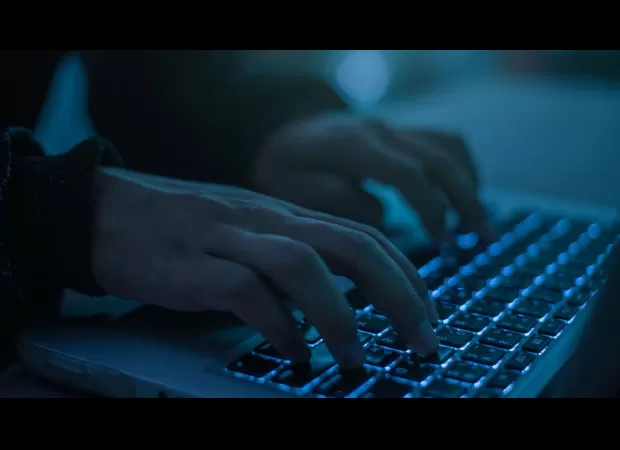Expert advice on what to do if you suspect a Ticketmaster hack.
"Cybercriminals are getting smarter and more advanced in their techniques."

In the latest news, Ticketmaster has unfortunately joined the list of major companies that have fallen victim to a data breach. This unfortunate event has affected other well-known companies such as MediSecure, ClubsNSW, Optus, and Medibank, and it seems that more companies will likely face similar incidents in the future.
According to the Australian Federal Police, cybercrime is the fastest-growing crime and results in the loss of hundreds of millions of dollars each year. As a result, there is an increased likelihood of individuals being caught up in a data breach. In response to this growing threat, a cybersecurity expert has provided guidance on how to navigate a data breach.
One of the first questions that may come to mind is, "How do I know if my information has been leaked?" According to Sanjay Jha, the deputy director of UNSW Institute for Cybersecurity, companies are required to disclose a data breach and inform their customers once it has been confirmed. However, it may take some time for customers to notice if their data has been used, as it often goes through a supply chain before reaching the hands of identity thieves.
The Australian Cyber Security Centre has also listed warning signs to look out for, such as an increase in spam calls, emails, or messages, and communication from companies that you have not done business with before. The recent Ticketmaster breach was initially announced through a post on the dark web by the notorious hacker, ShinyHunters, who claimed to have stolen 1.3 terabytes of data from 560 million global customers. The Department of Home Affairs has confirmed that they are aware of the breach and are working with Ticketmaster to address the issue.
If your data has been compromised, the first step is to contact your bank for advice, especially if your credit card has been affected. It is also recommended to change your passwords, as strong passwords are crucial in protecting your personal information. Australia's eSafety Commissioner suggests using passwords that are at least 12 to 15 characters long, include symbols and numbers, and are not related to personal information. It is also essential to have different passwords for each account and to avoid saving them on browsers and logging out after each use.
While these measures can help protect your information, cybersecurity expert Sanjay Jha admits that there is no foolproof system. With the rapid evolution of technology, it has become a cat-and-mouse game to keep up with cybercriminals who are becoming more sophisticated in their methods. Jha emphasizes that organizations have a responsibility to protect their customers' data and should regularly conduct compliance checks to ensure their systems are secure.
The Council of Small Business Organisations Australia chief, Luke Achterstraat, also highlights the risk for small to medium businesses, as almost half of all cyberattacks in Australia target them, with an average cost of $46,000 per attack. It is essential for these businesses to fortify their digital doors with strong cybersecurity practices to prevent potential attacks. As Jha puts it, "It's not a simple system anymore; it's a system of systems" that needs to be constantly monitored and secured. With technology constantly evolving, it is crucial for individuals and organizations to stay vigilant and take necessary precautions to protect their data from cybercriminals.






